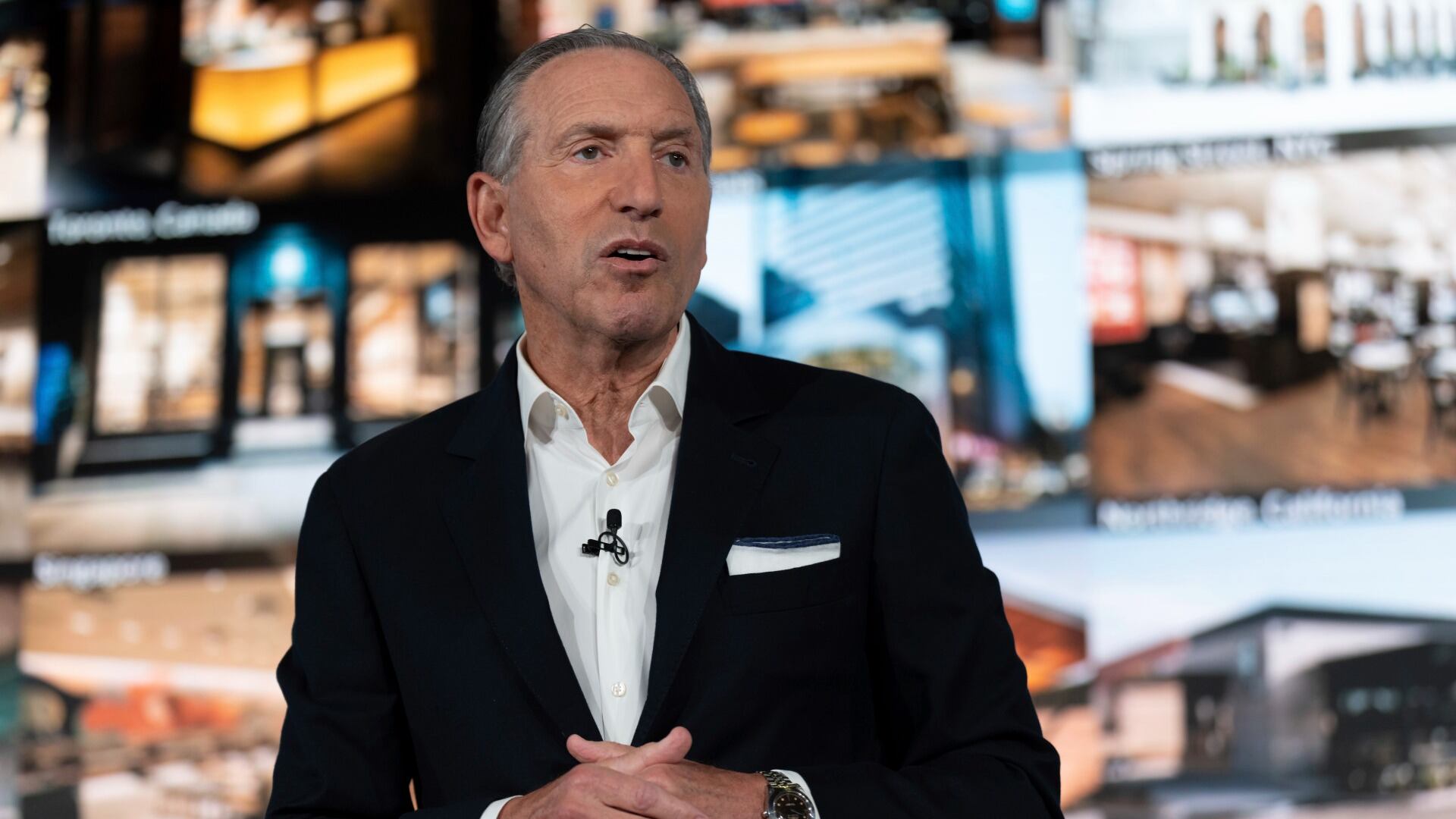Two weeks earlier than expected, Howard Schultz stepped down as chief executive officer of Starbucks, and Laxman Narasimhan is taking over the global coffee chain.
This ends Schultz' third stint leading the company. He returned in April of last year to help get Starbucks' stock on firmer footing amid widespread labor unrest and was expected to step down on April 4.
“The board wants to express our sincerest thanks to our founder, Howard Schultz, for selflessly picking up the leadership mantle when asked—forgoing compensation and putting aside his own pursuits—for the love of our company and its partners,” said Mellody Hobson, independent Starbucks board of directors chair, in a press release.
Narasimhan assumed the role of incoming CEO in October of 2022 and has spent the last few months learning the ins and outs of the business. Over the period, he met with employees at over 30 stores and traveled to manufacturing plants and support centers around the world.
“Laxman’s intensive immersion into the business coupled with his extensive experience as a proven brand builder, innovator and operator have uniquely prepared him to lead Starbucks into its next phase of growth,” said Hobson. “This immersion has deepened Laxman’s understanding of Starbucks culture and values. In this time of learning and listening, he has already won the hearts and minds of our partners around the world.”
Schultz is still expected to testify before the Senate on March 29 regarding allegations of Starbucks' union-busting efforts.
Narasimhan will lead the company's investor day for the first time on Thursday.













